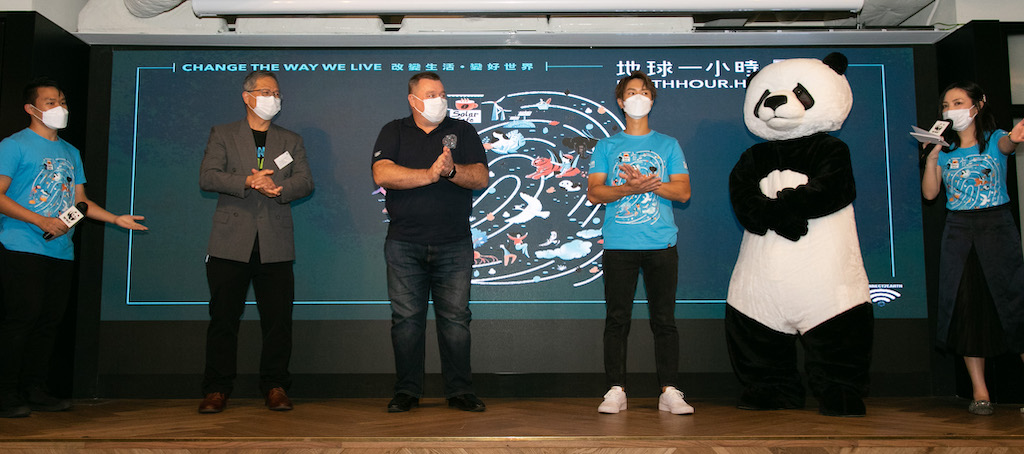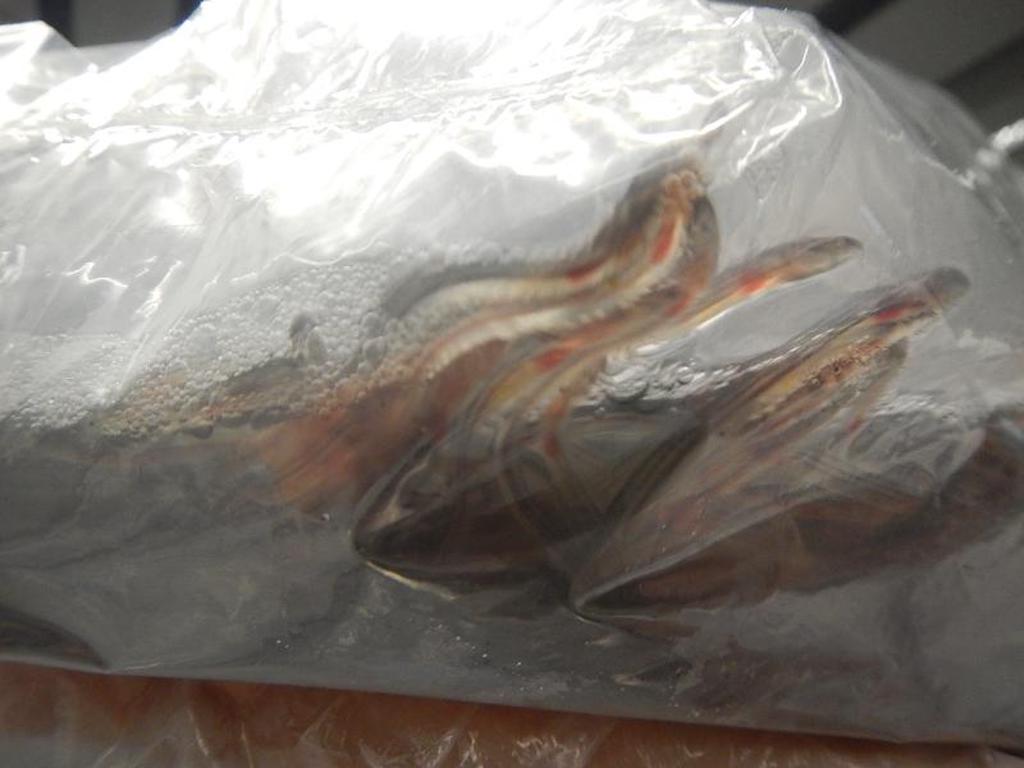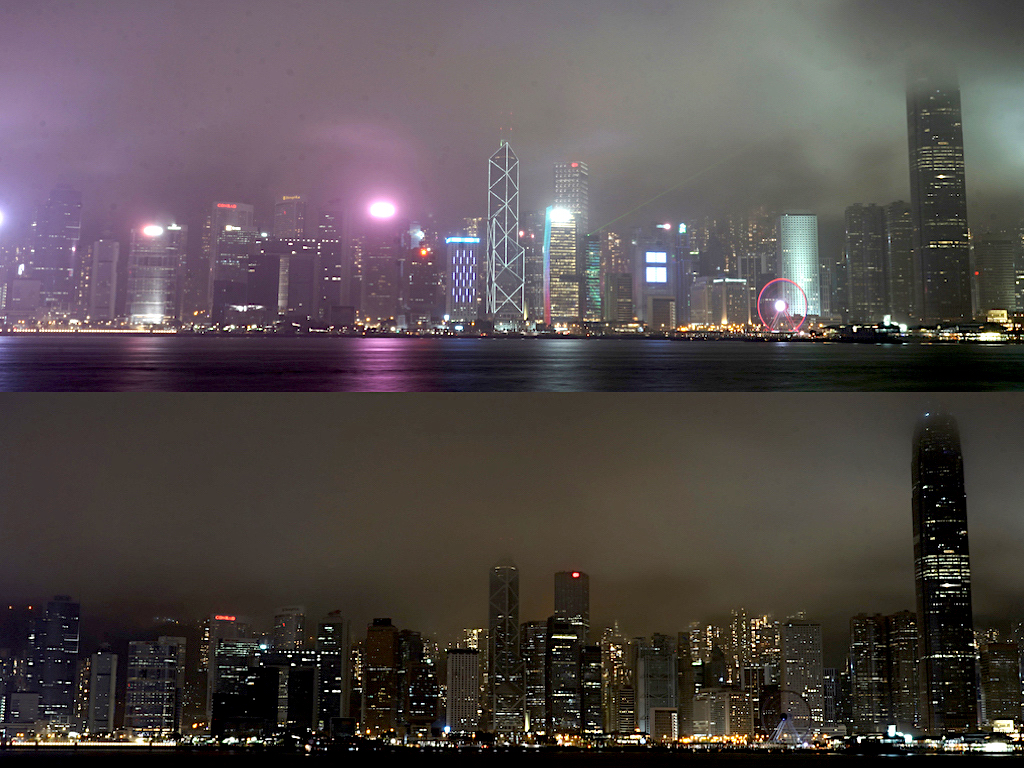3 Mins Read
People across nearly 160 countries around the world came together to celebrate Earth Hour by switching off their lights this year on the 28th March, a global environmental initiative created by the WWF. Held in Hong Kong since 2009, the Earth Hour event this year marks the 12th time it has been held in the city, and attracted 4,500 companies, schools, organisations and buildings to switch off their lights for an hour of the evening between 8.30 and 9.30pm.
Earth Hour, the global environmental movement dedicated to raise awareness and garner attention on the ecological and climate crisis on the planet by switching non-essential lights off for one hour saw nearly 160 countries join in this year – including Hong Kong. The city has participated in the event since 2009, and this year, Earth Hour in Hong Kong was supported almost 4,500 companies, organisations, buildings and over 100 primary and secondary schools and city landmarks.
Some of the most famous and iconic landmarks to turn their lights off to support Earth Hour in the city included the Tsing Ma Bridge, International Finance Centre (IFC), the Hong Kong Cultural Centre, International Commerce Centre, the Hong Kong Convention and Exhibition Centre and the Hong Kong Observation Wheel. The light show that takes place across the Victoria Harbourfront every day, “The Symphony of Lights”, was also suspended for the evening.

Edward M. Ho, chairman of the WWF Hong Kong executive council, said that the wide participation observed during the evening, from businesses to individual households, shows that the city is “united and continuously committed to a better future for our planet”. He added that it symbolises that “simple actions such as turning off unnecessary lights or saying ‘No’ to single-use plastics can have a big impact to sustain our living planet.”
Some of the core environmental issues that the WWF has highlighted for Hong Kong include protecting local biodiversity such as wetlands from unauthorised habitat destruction and better managing our oceans and conserving the threatened Chinese white dolphin species that inhabit our waters. Hong Kong must additionally scale-up its use of renewable energy from its current meagre 1% – a demand that local student activists have voiced out in the global climate strike last year – in order to do its part in reducing carbon emissions and fighting the climate crisis.

Amid the coronavirus pandemic that has spotlighted the association between the illegal wildlife trade and transmission of diseases to humans, Hong Kong must also strengthen its enforcement against the trafficking and consumption of the world’s most threatened species. A recent study revealed that a number of critically endangered species – including several eel species – are still being illegally traded in the city.
During the online event held by WWF Hong Kong, which was live-streamed on Facebook this year for health and safety precautions due to the coronavirus pandemic, a number of environmental activists and leading experts including land surveying and geo-informatics professor at Poly University Leung Wing Ho, Earth Hour ambassador Jason Chan, and CEO of WWF Hong Kong Peter Cornthwaite took part in sharing their insights on sustainable living.
Green Queen, in collaboration with yoga studio IKIGAI, and Hong Kong SolarSoundSystem also held a live virtual session where participants embarked on a mindful immersive sound journey “around the world” by listening to music and sounds from different environments across the planet.
Lead image courtesy of WWF Hong Kong.




